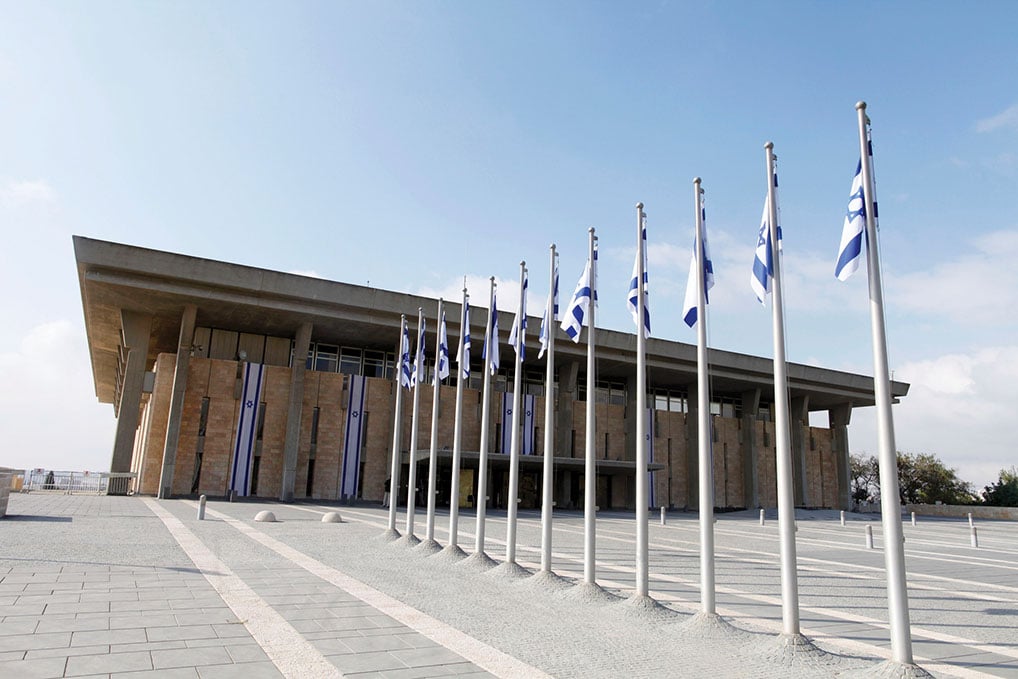
Life’s ironies never cease to amaze me.
In March 2021, almost one year ago, the people of Israel voted in their fourth election in two years. The results led to the formation of a new broad-based coalition government excluding Benjamin Netanyahu and the Likud Party. For the first time in Israeli history, the coalition included an Israeli Arab (Palestinian) political party, the United Arab List (Ra’am). Ironically, it was Netanyahu himself who broke the long-held taboo against the inclusion of Arab politicians in the ruling government, when he courted the Arab parties in a desperate effort to hold on to power.
The coalition has, so far, brought stable government to Israel. But another benefit has been the improvement of Israel’s ranking on the annual Democracy Index.
But another benefit has been the improvement of Israel’s ranking on the annual Democracy Index.
Since 2006, the influential British news and business magazine The Economist has published a comprehensive annual Democracy Index that analyzes in detail the democratic processes that operate in more than 170 countries around the world. The Index is based on 60 numeric scores and rankings grouped in five different categories measuring: electoral process and pluralism, functioning of government, political participation, political culture, and civil liberties. Countries are categorized as one of four regime types: full democracies, flawed democracies, hybrid regimes and authoritarian regimes.
For 2021, only 21 countries are listed as full democracies (down from 23 in 2020), 53 are flawed democracies, 34 are hybrid regimes and 59 are authoritative regimes. The U.S., labeled a flawed democracy (along with countries such as France, Italy and Portugal), is ranked 26 while Israel, a flawed democracy as well, is ranked 23.
The ranking for Canada (as a full democracy) went down from five in 2020 to 12 in 2021, for a variety of reasons. These include increased support for non-democratic alternatives, lower voter turnout, as well as the ban on religious symbols in certain public service jobs in Quebec.
The first Democracy Index (2006) listed Israel as a flawed democracy with a ranking of 47, while the U.S. was listed as a full democracy and ranked 17. During the intervening years the ranking for the U.S. has gone down, but for Israel has improved considerably, in spite of periodic wars and existential threats from one or another of its neighbors.
The results for each country are placed into one of six global regions with twenty countries comprising those of the category of North Africa and the Middle East. Israel’s 2021 score and ranking is far above that of any other country in this region. Tunisia, ranked 54 in 2020, has been downgraded from a flawed democracy to the hybrid category and is ranked 75. The rest are either hybrid regimes, or, even more likely, authoritarian ones. Turkey, also described as a hybrid regime, ranked 103.
Since its inception in 2006, the Index treats Palestine as a separate state. The Jewish settlers in the West Bank vote in Israeli elections and there are no Jews in Gaza. In fact, elections in Gaza and the West Bank have been few and far between in any case and the 2021 Index places Palestine in the authoritarian category, ranked 109.
Since its inception in 2006, the Index treats Palestine as a separate state.
Israel usually ranks highly in all categories except civil liberties, where it scores well in the area of freedom of speech and media freedom, but falls short when it comes to religious tolerance (the domination of Jewish religious practice by the Orthodox) and the unequal treatment of minorities, including Palestinians.
The overall score for Israel in 2006 was 7.28, but by 2020, it had risen to 7.84. (For comparison, an authoritarian regime, say that for Palestine, has an overall score of 3.94.) The 2021 overall score for Israel is 7.97, a whisker away from the value of 8.0 needed to be considered a full democracy.
The 2021 Democracy Index Report does mention Israel and its comments on the “positive trends in Israel, where an Arab party is in government for the first time” are encouraging. The irony here is that if Israel was a more pluralistic society where Jewish religious practice is concerned, or if it was possible for secular Israelis to get married without having to fly to Cyprus for a civil ceremony, Israel’s ranking on the Index would certainly have been appropriate for a full democracy.
Jacob Sivak, a Fellow of the Royal Society of Canada, is a retired professor, School of Optometry and Vision Science, University of Waterloo






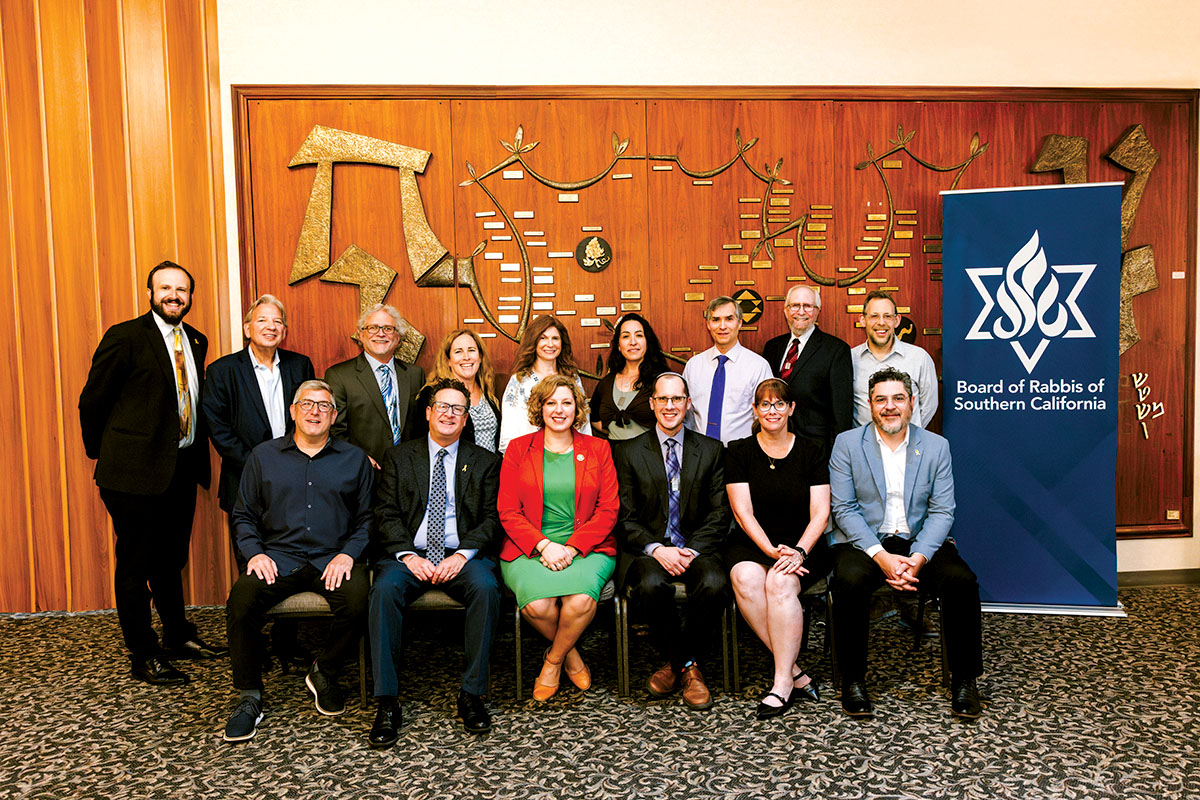
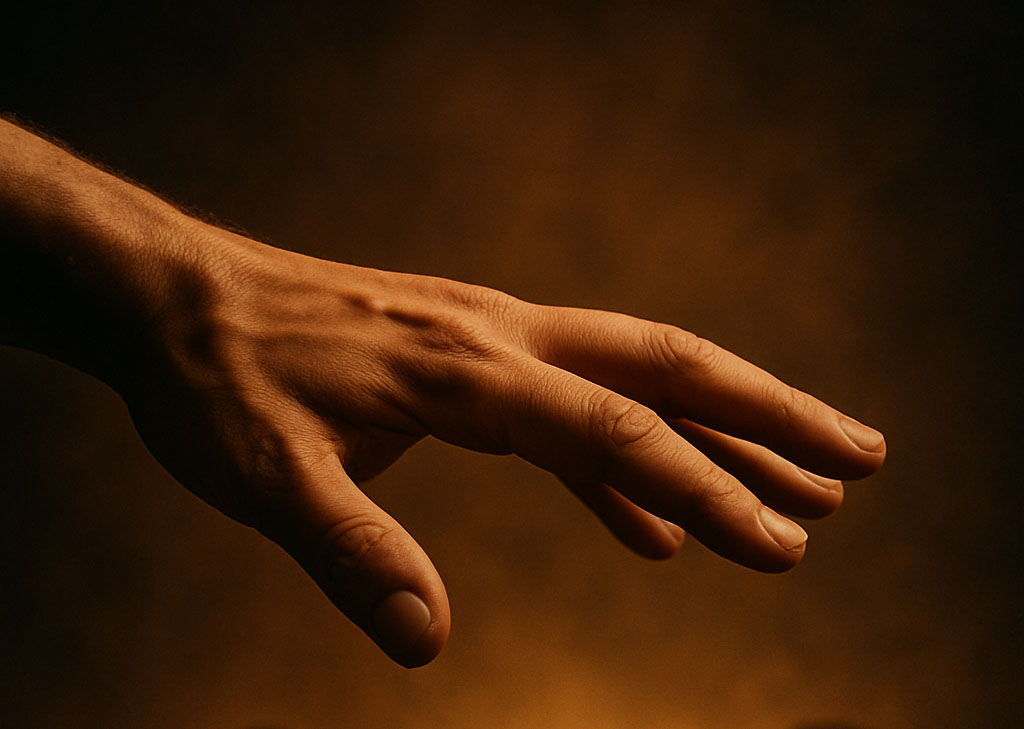


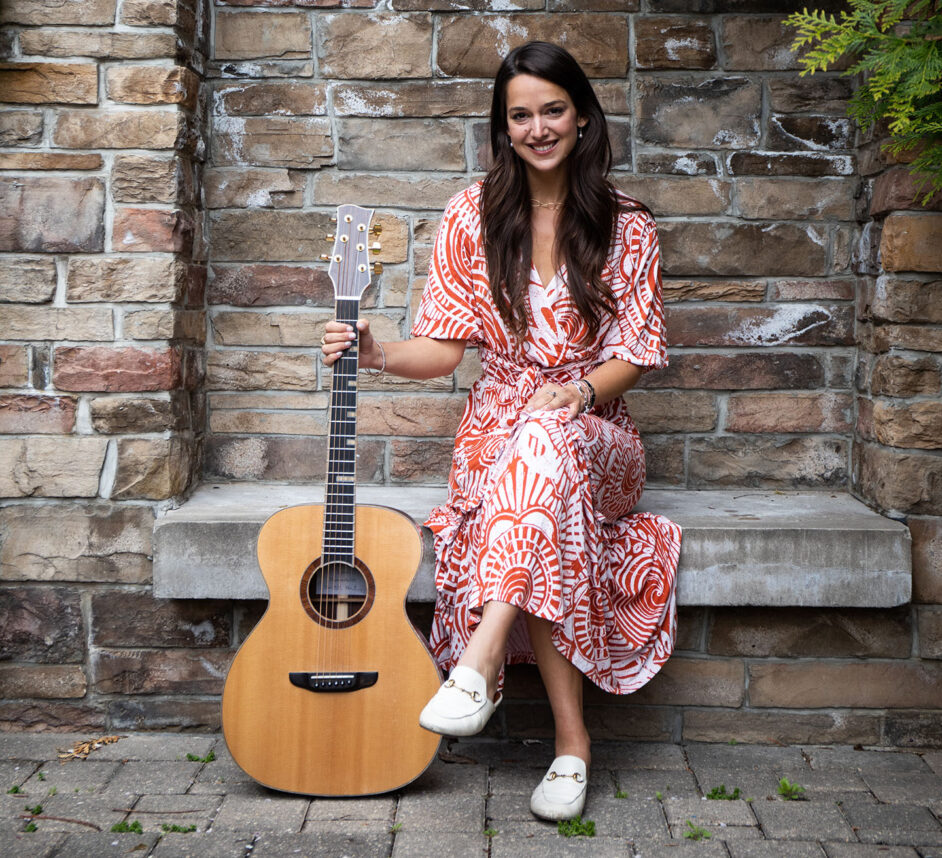
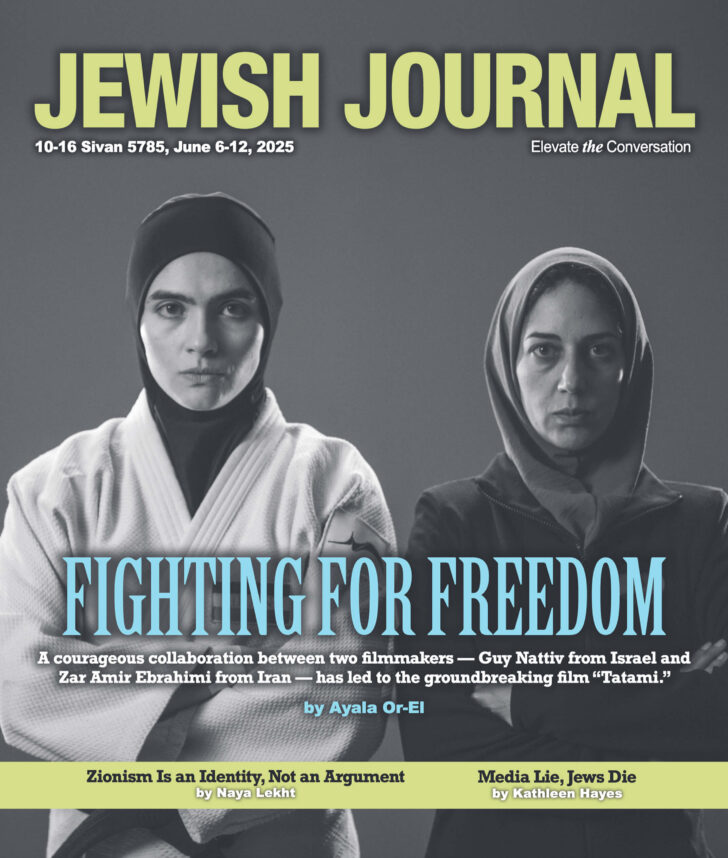


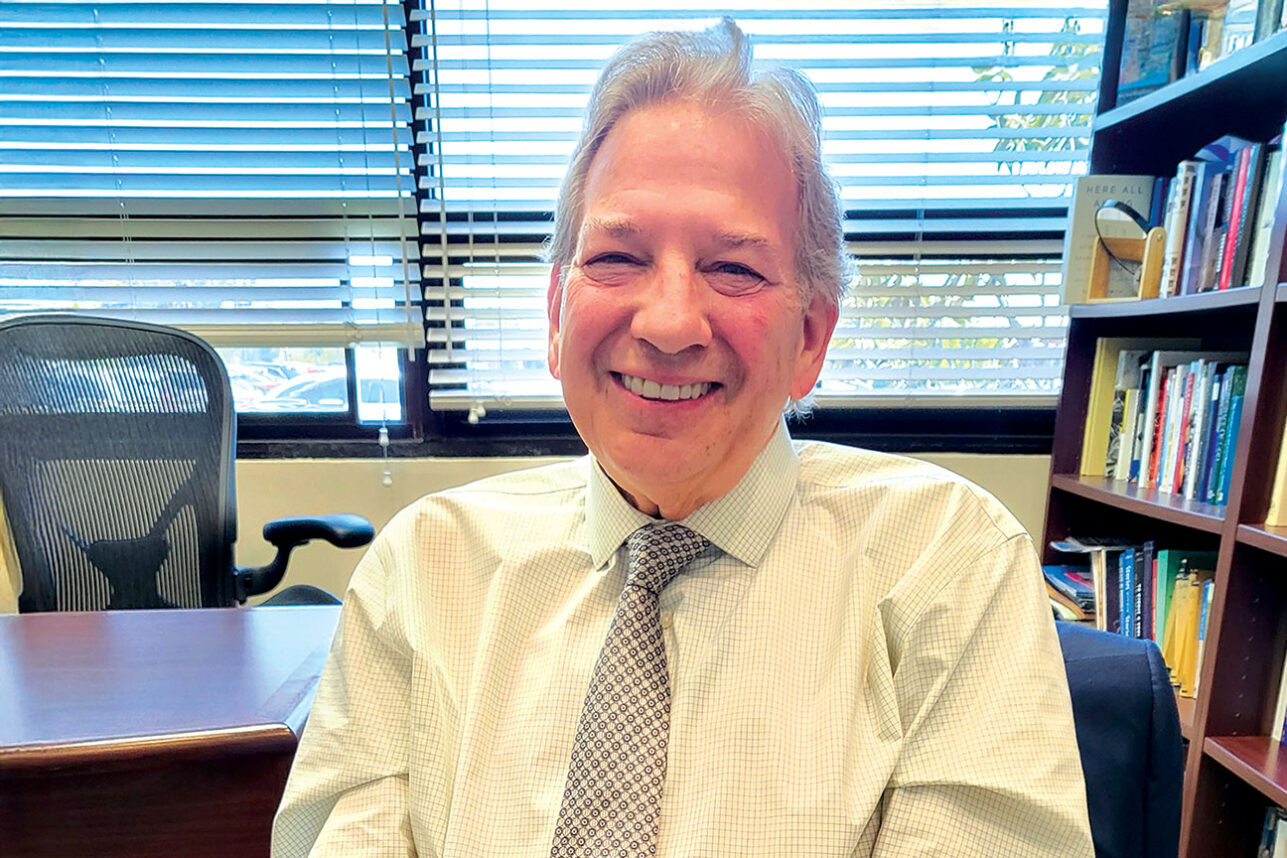
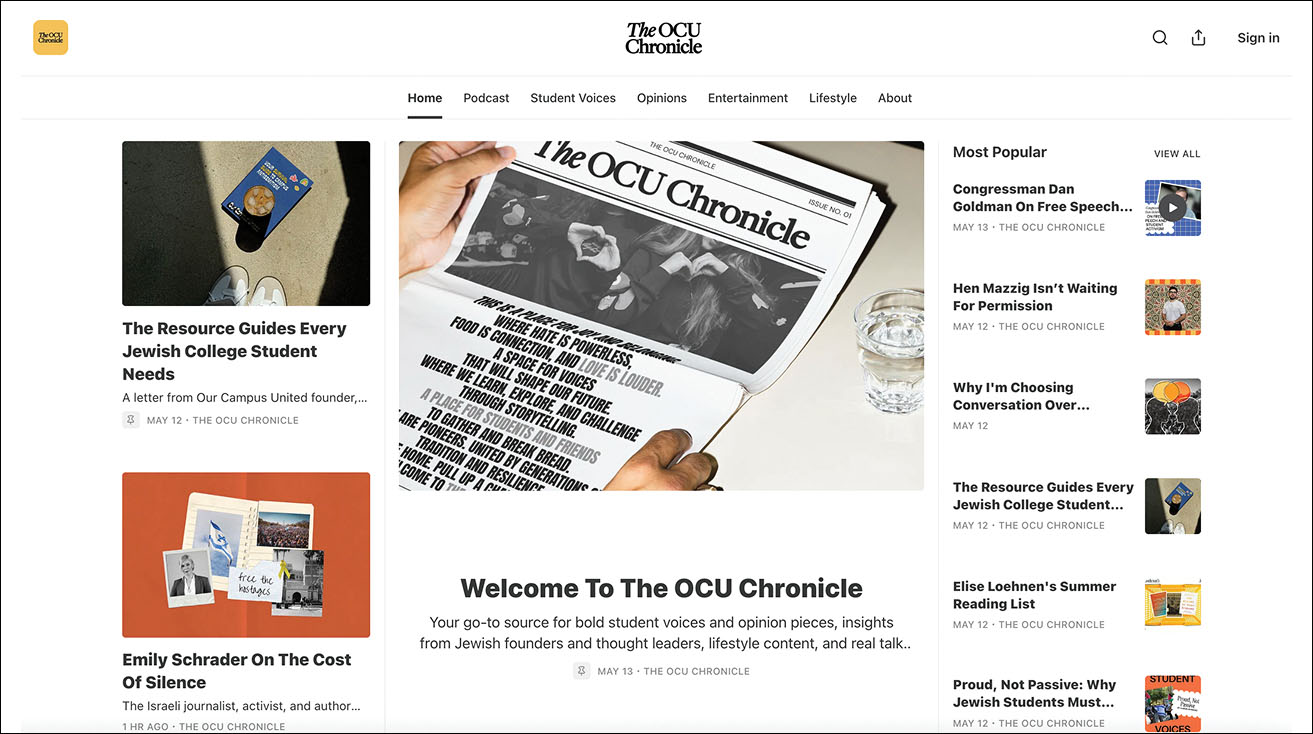




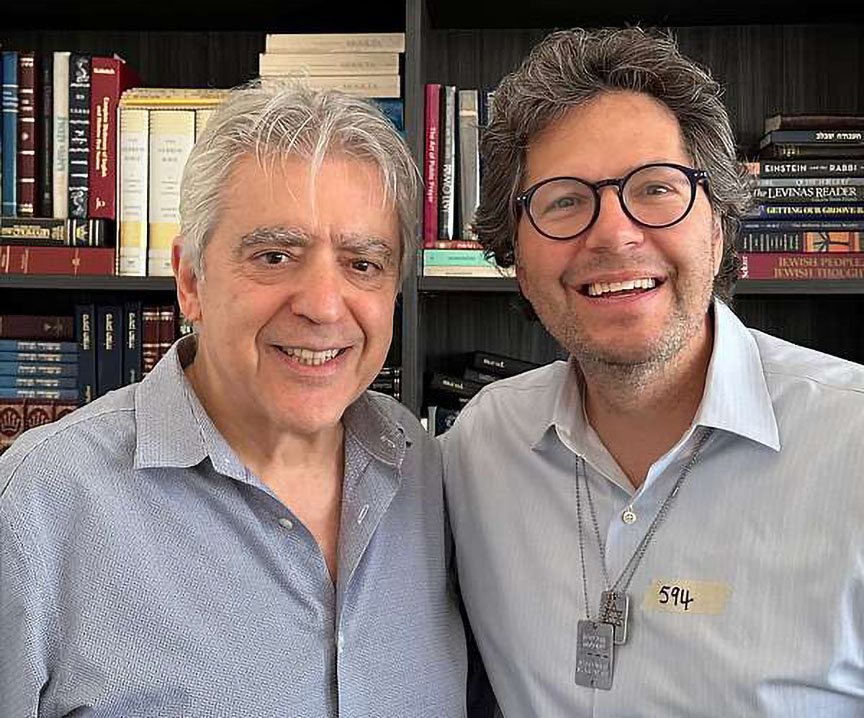

 More news and opinions than at a Shabbat dinner, right in your inbox.
More news and opinions than at a Shabbat dinner, right in your inbox.